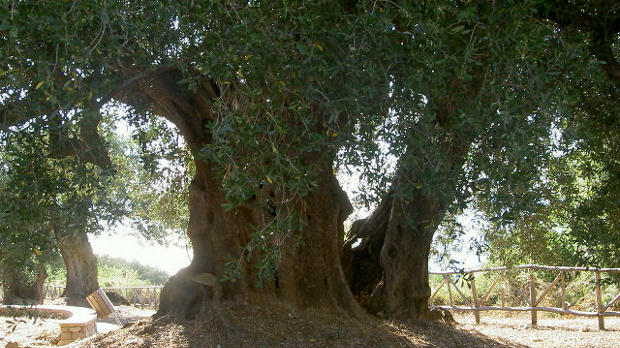 WIKIMEDIA, LOKOMOTIV
WIKIMEDIA, LOKOMOTIV
Nine researchers who aimed to control the spread of a bacterial pathogen that kills olive trees are being investigated, public prosecutors announced at a press conference in southern Italy last week (December 18). They also indicated that a public official who was in charge of the disease-control effort is also under investigation.
“We are shocked,” Donato Boscia, head of the Bari unit of Italy’s Institute for Sustainable Plant Protection and one of the scientists under investigation, told Nature. “The accusations are crazy.”
The researchers were trying, as per European Union rules, to control the spread of a bacterium called Xylella fastidiosa that is carried by spittlebugs and is endemic to California, Brazil, and Costa Rica. Xyella bacteria were reported in southern Italy in 2013, the ...





















